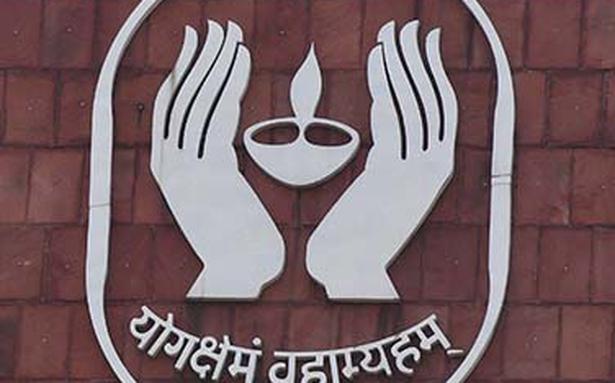“But the ripple effect will be disproportionately higher if the war lasts long”
“But the ripple effect will be disproportionately higher if the war lasts long”
The direct impact of the ongoing war between Russia and Ukraine on domestic credit markets appears limited as the banking system has ample liquidity but not the market as a whole, a report suggests.
Overall, according to India Ratings, the duration and intensity of the war will be the key determinant of macro and micro risks. Although the direct credit impact appears limited, given the current situation’s limited escalation, the ripple effect will be disproportionately greater if the war is prolonged.
From a funding perspective, the agency said the domestic banking system has sufficient liquidity; however, this does not ensure market and balance sheet liquidity for the overall system. With increasing uncertainty, high energy prices and cautious sentiment in capital markets, companies with weak financial profiles could face funding problems if the situation worsens, they said.
The agency’s rating is based on an analysis of the 1,400 largest companies (excluding oil and financials) based on their total debt and shows a limited to moderate impact on their credit profiles.
If commodity prices remain at current elevated levels, the rupee could depreciate by 10%, borrowing costs rise by 1% and median operating margins are hit by 100-200 basis points for commodity-consuming sectors, the report said.
Their debt at risk (with net debt in excess of 5x) will exceed ₹1.2 lakh crore compared to pre-war expectations.
The agency’s initial assessment indicated that the impact of the war would be largely confined to small businesses and those at the lower end of the credit spectrum.
The impact will be more pronounced in a few sectors and manageable from a credit perspective given the relatively low exposure, the report said.
Pharmaceutical and subsidy-linked sectors such as fertilizer are hardest hit. Pharma has significant exports to the Commonwealth of Independent States/Ex-USSR which, combined with continued pressure on generic prices in the US, may affect the profitability of some drugmakers. However, because pharmaceutical companies have low leverage on their balance sheets, the risk is minimal.
The agency also said that higher prices for food, NPK fertilizer and oil would likely put pressure on the allocation of fertilizer and LPG subsidies. If the government refrains from increasing fertilizer subsidies, the deficit will have to be funded by fertilizer companies’ balance sheets, which will worsen their credit metrics.
According to the report, rising commodity prices will result in an extended working capital cycle for small businesses, weakening their ability to service debt.


